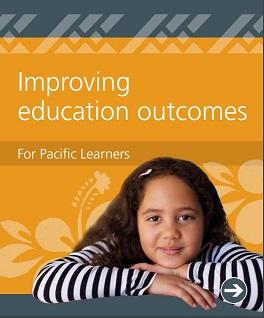Including Students with High Needs Primary Schools
Published: 10 Jul 2013
This ERO evaluation reports on primary schools' progress in relation to the Government's Success for All policy. Success for All is about getting all schools to demonstrate inclusive practice for students with special needs.
- Audience:
- Education
- Māori-medium
- Parents
- Schools
- Content type:
- Research
- Topics:
- High needs
- Special education
- Inclusion
- Ethical standards
- Stand Children's Services Tu Maia Whanau
- Inclusive practices
- Group Special Education (GSE)
- Resource Teachers: Learning and Behaviour (RTLB)
- Primary












